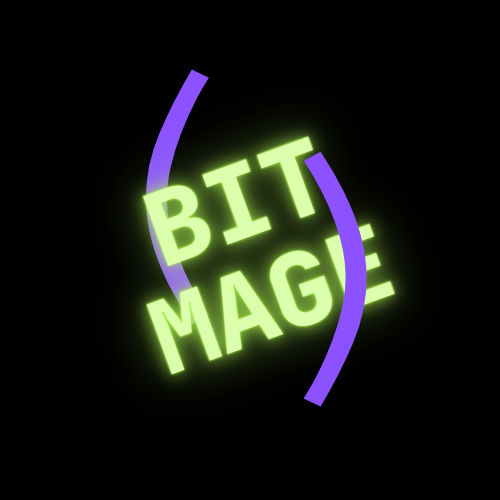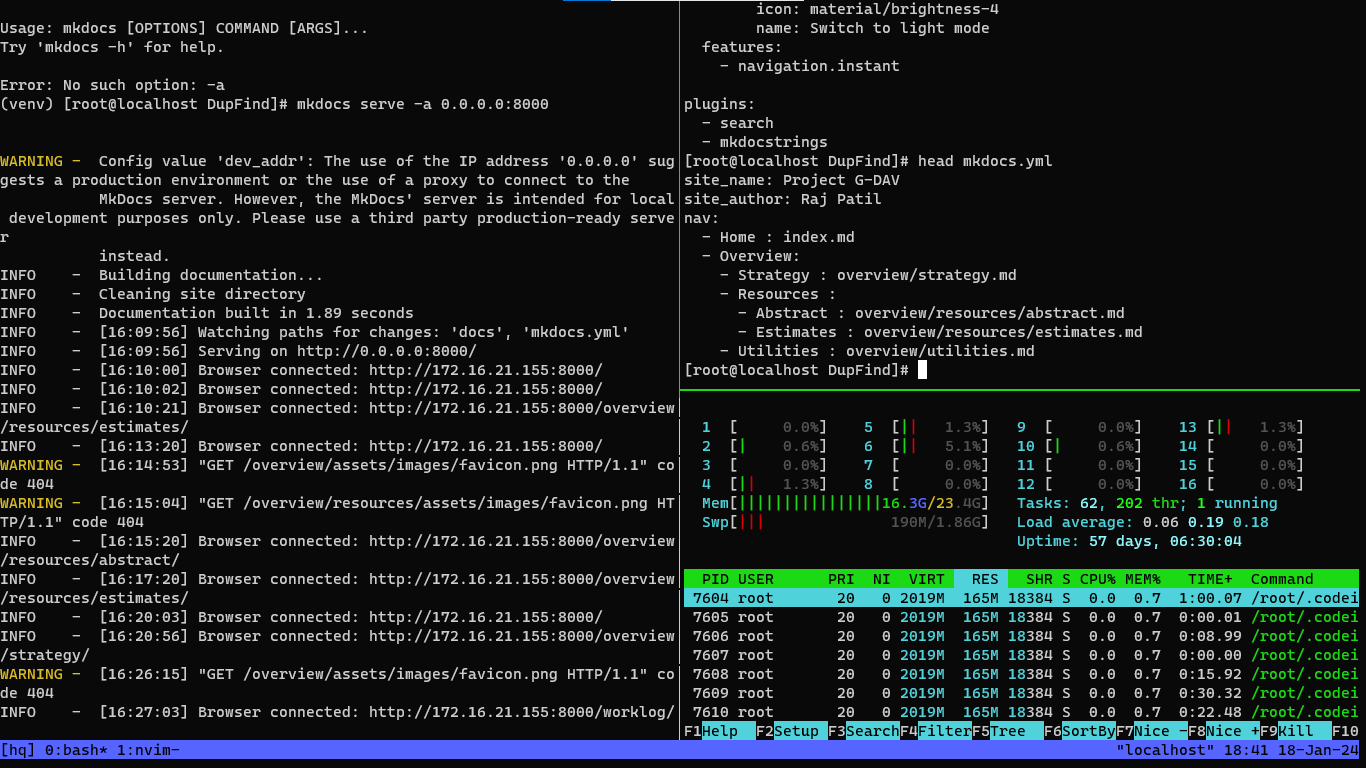IKN0x221F : Pragmatic Polymathy
Checkout the previous polymathy musings
Context
I intend to formalize my plans of getting good at multiple domains not for the reputation that follows but for the generic insight about the world that you may harness as a result.
This is the second refactor of the way I approach this subject and this time around I will be pushing for practical indicators that allow me to gauge my progress over time.

